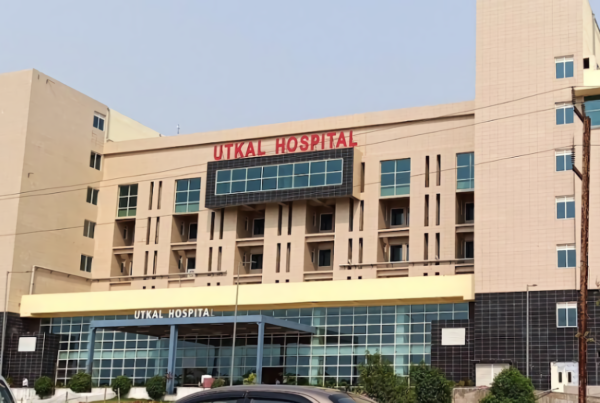A new report on India’s ageing population by Help Age India highlights the dearth of social and medical support systems for the country’s elderly citizens, defined as those 60 years of age and older. The nonprofit organisation Help Age India highlights the stark reality of the rising risk to senior citizens’ health, environment, and social security in a research titled “Ageing in India: Exploring Preparedness & Response to Care Challenges.”
According to the survey, only one in four elderly individuals receive financial help from their families, pension plans, or provident funds, indicating how dependent they are on them financially. Most said they were less or not at all financially secure. A large number of elderly Indians are employed in the unorganized sector, which does not provide insurance or pensions. In the midst of this, the carer or family members who themselves will age in a few years bear the brunt of the elderly population.
Health Issues As Per Data
Based on the data, around 48% of senior citizens have high blood pressure, 19% have high cholesterol, and 43% have diabetes. Because their bodies age and their health deteriorates, older adults are more likely to have heart failure and other cardiac diseases. According to an American Heart Association report, those over 65 are more likely to have multiple chronic illnesses at the same time. Diabetes and cardiovascular disease are thought to be very prevalent together. This is due to the numerous changes that occur in the body as it ages, such as changes in metabolism and insulin resistance. According to the Ageing Report 2024, 54% of senior individuals in India reported having multiple morbidities, meaning that people over 80 had two or more non-communicable diseases.
This article included a startling discovery on the rise in elder abuse. Five percent of the elderly declined to respond to this question, while seven percent reported mistreatment. According to estimates, the main perpetrators of elder abuse in male and female cases are, respectively, sons and daughters-in-law. Abuse reports, including beatings and slappings, were more common among the elderly with deteriorating health, poor income, and illiteracy.
The research emphasises the pressing need to solve India’s ageing population’s socioeconomic concerns. The government, charitable organisations, and civil society need to implement a more inexpensive healthcare system since the elderly are more likely to suffer from one or more chronic diseases, lack of understanding, financial insecurity, and abuse. Increasing awareness in this area is yet another significant issue that requires a more ecological response.



